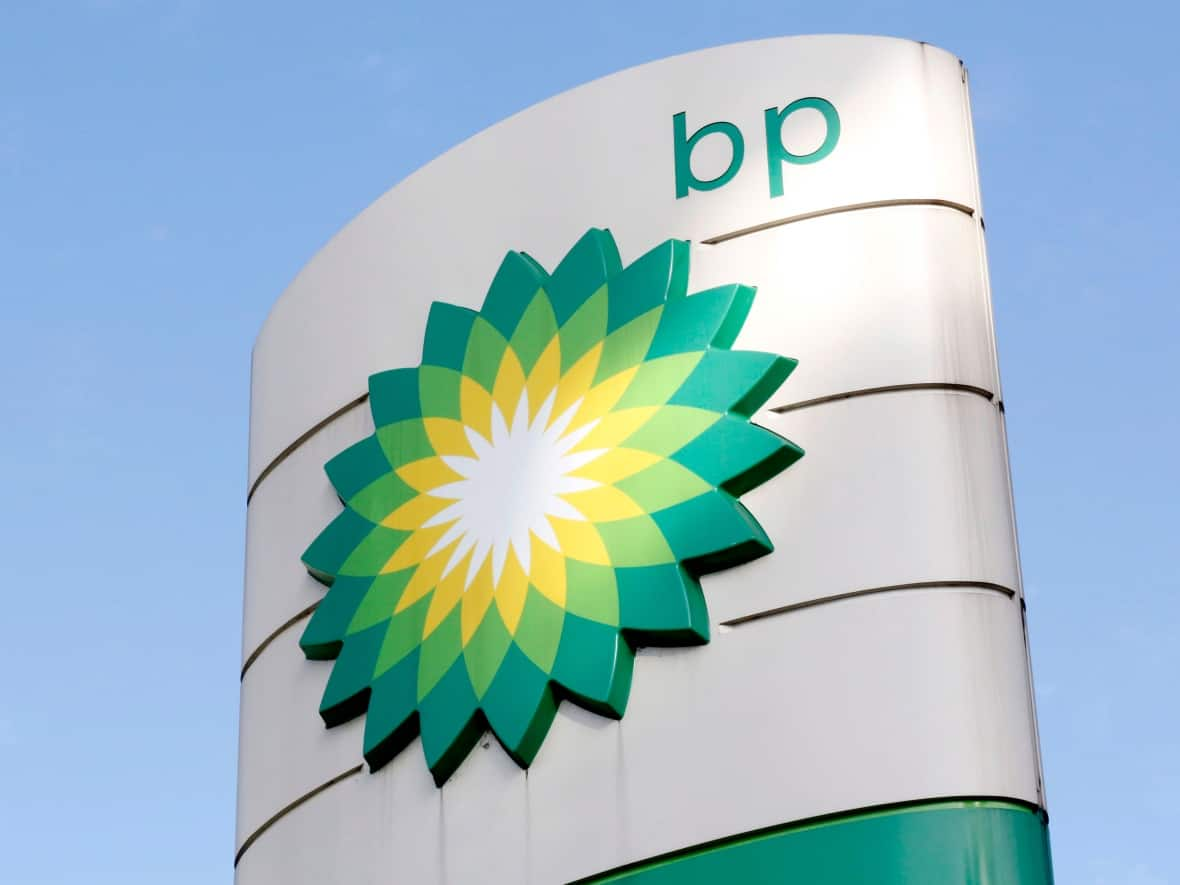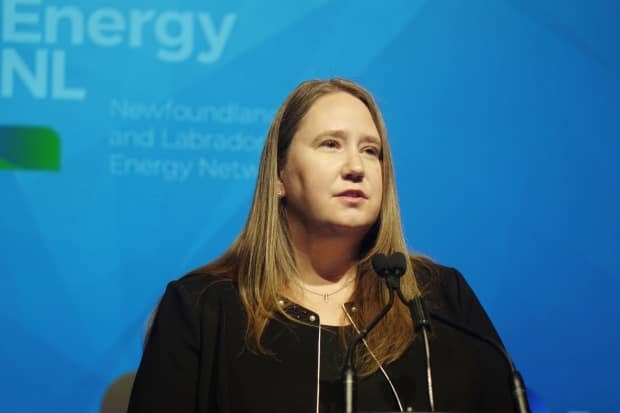BP defends drilling exploration well in marine refuge off Newfoundland

Energy giant BP is standing by its decision to drill an exploratory well in a marine refuge off Newfoundland's east coast, while the federal natural resources minister says the bounds of the protected area could be redrawn if enough oil is discovered and the company wishes to start production.
On May 8, using the Stena IceMax drillship, BP began drilling within the Northeast Newfoundland Slope Closure, a marine refuge about 10 times the size of Prince Edward Island.
Federal regulations stipulate that "all bottom contact fishing activities" are prohibited within the refuge, created in 2017 by the Trudeau government to protect vulnerable cold-water corals and sponges. However, those rules allow oil exploration, including drilling.
"We've been working very closely with the regulator and the Department of Fisheries and Oceans to make sure that we do it in the right ways. Being a responsible developer and explorer is incredibly important to BP," said BP Canada president Pam Keenan following a speech at the Energy N.L. conference last Wednesday in St. John's.

Drilling the well, a much touted, potentially billion-barrel prospect BP labelled Ephesus, is expected to last 60 to 150 days in waters 1,300 metres deep and about 300 kilometres northeast of Newfoundland.
Refuge boundaries could be redrawn
During a visit to Newfoundland last week, federal Natural Resources Minister Jonathan Wilkinson, said that while exploration drilling is permitted within the refuge, production is not.
"There are different levels of protection. In marine protected areas, there is no allowance for oil and gas development, but in marine refuges there is a provision that allows for exploration but not for production. So one can actually explore within the context of a marine refuge", Wilkinson said Wednesday.

But if BP decides to proceed with production after confirming a major oil discovery, he said, part of the marine refuge could be carved out and "removed as a conservation area."
"I'm not going to prejudge what is going to come out of the exploration, but that will be a discussion for down the road. If there is a decision to proceed with production and it goes through the various environmental assessment processes, then we would remove it from the protected status that Canada has put in place."
Drilling 'undermines the point of the refuge'
Connor Curtis, spokesperson for environmental group Sierra Club Canada, called into question the effectiveness of a marine refuge whose boundaries are malleable and where drilling is allowed.
"There's a flexibility around these refuges that, again, undermines the point of the refuge," he said. "Why would you ban those other activities but would allow something that's just as dangerous if not more?"
According to DFO's website, the Northeast Newfoundland Slope Closure's conservation objective is to "protect corals and sponges and contribute to the long term conservation of biodiversity."
Referring to DFO's rules on fishing within the refuge, the website says, "Prohibiting bottom-contact gear can protect not only the corals and sponges but also a diversity of other species of fish and invertebrates that use the structural habitat that corals and sponges provide.
"This area can act as a natural refuge area that may contribute to increased species productivity, which in turn, could potentially lead to increased abundance within and adjacent to the area."
According to preliminary estimates, Ephesus could represent some four billion to five billion barrels of recoverable oil.
The well currently being drilled in the Orphan Basin was originally slated for 2020. It was delayed due to the havoc the COVID-19 pandemic wrought on the oil sector. BP could drill subsequent wells in the coming years, depending on the success this summer's drilling campaign.

 Yahoo Movies
Yahoo Movies 
